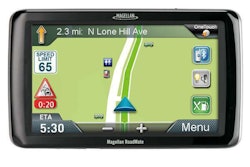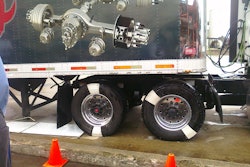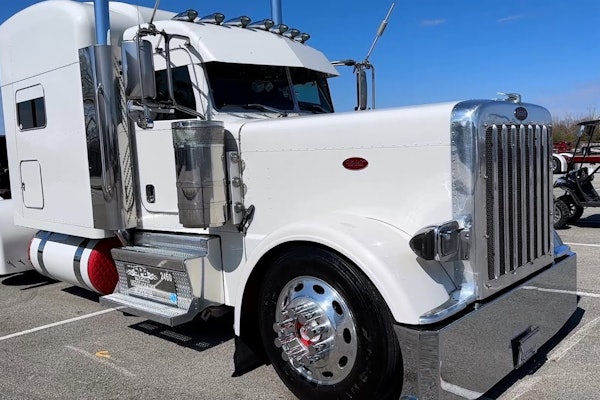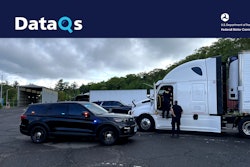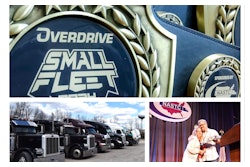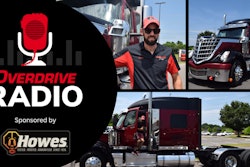I spend a lot of time on airplanes. But sometimes, we get visitors here in our our Tuscaloosa, Ala., headquarters. Such was the case last week when representatives from Chevron Lubricants came calling.
The gist of the presentation CCJ and Overdrive editors attended was on PC-11 – the new oil category shaping up for the eventual Greenhouse Gas Emissions Regulations (GHG) that will take affect in 2017.
But lost in that conversation was a little nugget of information that I found interesting: From available evidence, it appears that Exhaust Gas Recirculation technology (EGR) will be dialed down considerably – or perhaps even done away with entirely on the diesel engines that will be introduced to meet those GHG requirements.
Those engines are on the drawing boards today. And competition among manufacturers will be predictably fierce – as always. So, although there are a handful of people on the planet who know the specifics of those various engine designs, don’t expect any of them to start talking any time soon.
It’s worth remembering that the emission equipment on today’s engines are essentially add-on components. Manufacturers – for the most part – were unable to commit to all-new engine designs within the time frame in order to meet 2007 and 2010 regulations. They were forced to make their existing engine platforms perform up to the proposed standards – and by and large did so with impressive results.

The next generation of diesel truck engines are — as this is written — being designed from a clean sheet of paper with GHG and fuel economy standards as primary goals. As such, the engineers will have a lot more freedom to incorporate new technology into those designs. This includes highly-advanced Selective Catalytic Reductions (SCR) systems that could eliminate the need to pump any exhaust smoke back into the combustion chamber in order to burn up particulate matter.
Engines are like people; They need air to breathe. And the better the quality of air they get, the better they perform. So less smoke — or no smoke — in the combustion system will be a welcome return to the good old days for many an owner-operator and fleet manager. And while it’s way to early right now to make any bold predictions on how these next-generation engines will perform, the preliminary evidence indicates they will be a huge stride forward in terms of technology, power and fuel economy.
